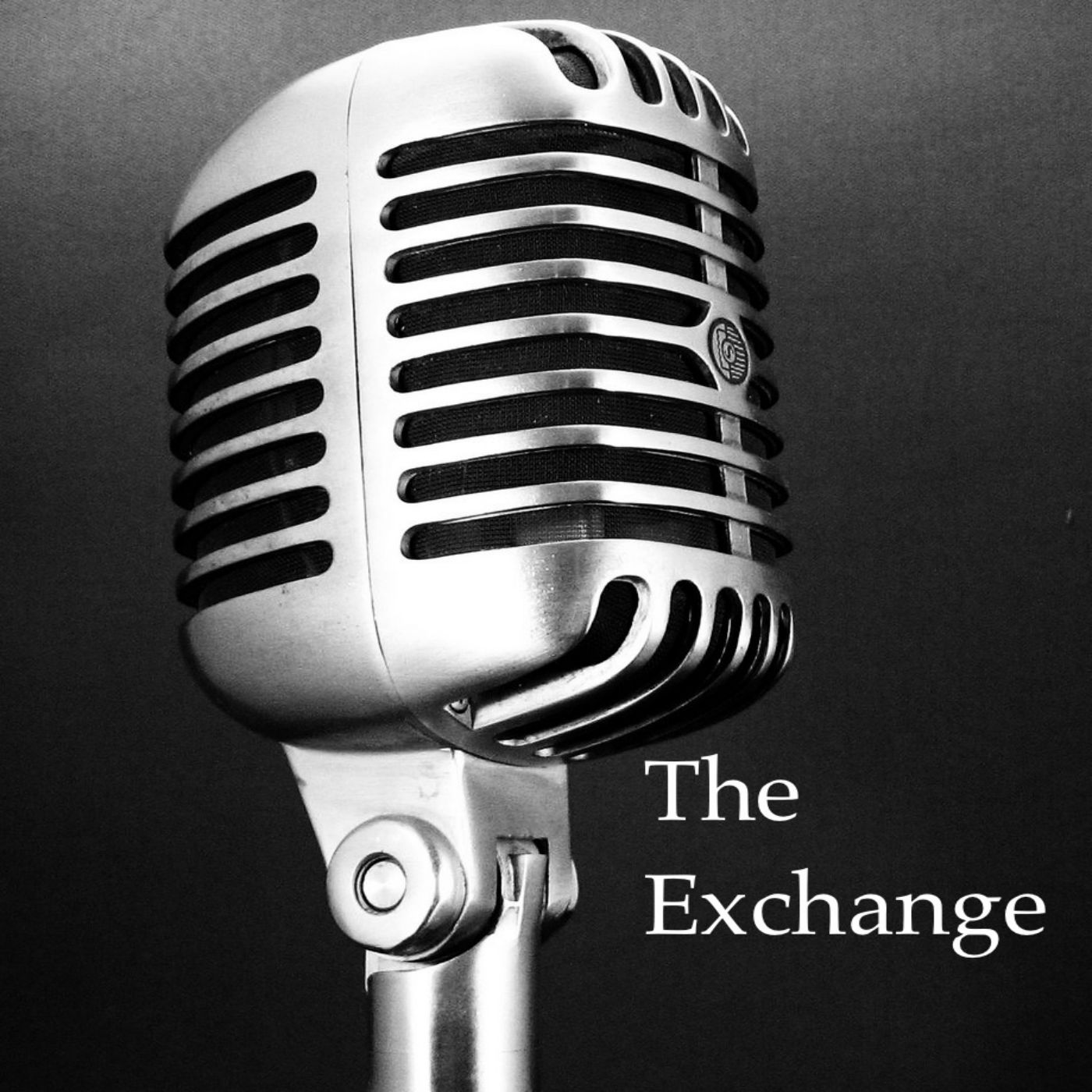Discover The Exchange
The Exchange

53 Episodes
Reverse
Adam Hochschild, author, historian, and co-founder of Mother Jones Magazine, talks about his career in the newspaper business, how journalism has changed over the past few decades, and the role for journalists in the Trump era.
Dr. Ruth Ben-Ghiat, Professor of History and Italian Studies at New York University, talks about her research on the rise of fascism in 1920s Italy, how and why authoritarian leaders can gain power, and her views on the 2016 U.S. Presidential election.
Bob Petrella, one of a few dozen people in the world who has been diagnosed with Hyperthymesia, talks about growing up in Northwestern Pennsylvania, how a near-perfect autobiographical memory has impacted his life, and some of the early insights scientist have gleaned from researching HSAM.
Dr. Henry Friedman, deputy director of the Preston Robert Tisch Brain Tumor Center at Duke University, talks about his professional background, his career working to help children and adults with brain and spinal cord tumors, and Duke's initial trials using the polio virus to treat glioblastoma, a procedure recently documented on 60 Minutes.
Author and activist Raheel Raza talks about growing up in Pakistan as a Sunni Muslim, her video "By The Numbers," which documents scientific polling data about the beliefs of Muslims around the world, and her work to try to modernize the Islamic world in relation to human rights and fundamental freedoms.
Author and linguistics professor Daniel Everett talks about becoming a Christian missionary as a young adult, living with the Pirahã tribe in the Amazon in an attempt to convert them to Christianity, and how his experience with the Pirahã moved him to atheism and a reevaluation of his beliefs and his life.
Dr. Theodora Ross talks about her career in medicine, her role as director of UT Southwestern's Cancer Genetics Program, and her new book, A Cancer in the Family, a personal and scientific story highlighting the latest science of cancer genetics.
Author James Bradley talks about the path the led him to write his first book, Flags of Our Fathers, the historical revelations of his third book, The Imperial Cruise, and the themes of his most recent book, The China Mirage.
Robyn Thomas, Executive Director of the Law Center to Prevent Gun Violence talks about gun control history in the United States, the 101 California shooting in San Francisco, and how California has been able to reduce gun violence through statewide legislation.
Sean Conley, a research analyst at GiveWell, talks about the history of GiveWell, its methods used to analyze the cost-effectiveness of charitable organizations, and its primary goals for the future.
Joel Beinin, Professor of Middle East History at Stanford University, talks about living on a kibbutz in Israel, how that experience influenced the trajectory of his personal and professional life, and the history of Israel and Palestine.
Jonathan Russell, head of policy at Quilliam, talks about the state Islamic extremism in the world, the three founders of Quilliam - all of whom were Islamists earlier in their lives - and the work of Quilliam, the "world’s first counter-extremism think tank," which was created to "generate creative, informed and inclusive discussions to counter the ideological underpinnings of terrorism."
Author Linda Hirshman talks about the changes in opportunities for women in the American workplace over the past two generations, and the lives and careers of America's first two female Supreme Court Justices, Sandra Day O'Connor and Ruth Bader Ginsburg, who are the subjects of her new book, Sisters in Law.
Anthony Norfolk, board president of the Roedde House Museum in Vancouver, Canada, talks about this history of Vancouver, the lives of early pioneers as seen through the home of the city's first bookbinder, Gustav Roedde, and the day-to-day life of individuals at the end of the 1800s.
Tim Lennon talks about SNAP, Survivors Network of those Abused by Priests, his own childhood experience with sexual abuse by a Catholic priest, and the movie Spotlight, which details the 2001 Boston Globe investigation of the cover-up of the sexual abuse of children within the Catholic Church.
Professor David Grusky, director of Stanford University's Center on Poverty and Inequality, talks about the history of income inequality in America, the millions of Americans who are currently living in poverty, and potential public policy that could alter the growth of the U.S.'s economic disparity.
Dr. Vance Vredenburg talks about the history of extinctions on Earth, his influential paper "Are we In the midst of the sixth mass extinction?", and what humans can do to decrease extinction rates throughout the world.
Returning guest, author Adam Hochschild, discusses his book King Leopold's Ghost, which details the Belgian colonization of the Congo. Adam talks about the individuals who publicized the genocide which resulted from the colonization, and how the murder of roughly 10 million Africans was virtually unknown to public consciousness until the past few decades.
Stanford economic historian Gavin Wright talks about his interest in the South, the economic history of slavery in America, and the issue of the Confederate flag in modern times.
Stanford neuroscientist Thomas Südhof talks about growing up in Germany, his interest in the brain, and the discoveries that led to his being awarded the 2013 Nobel Prize.





